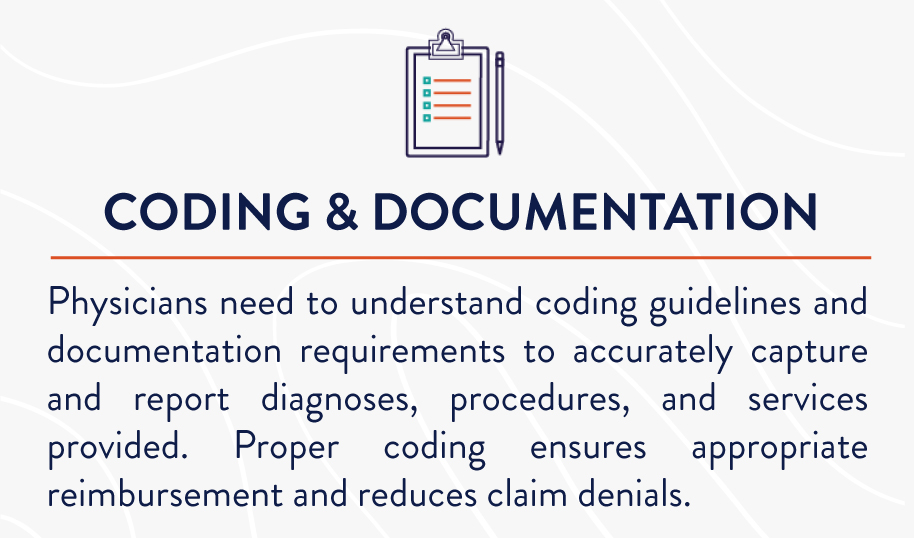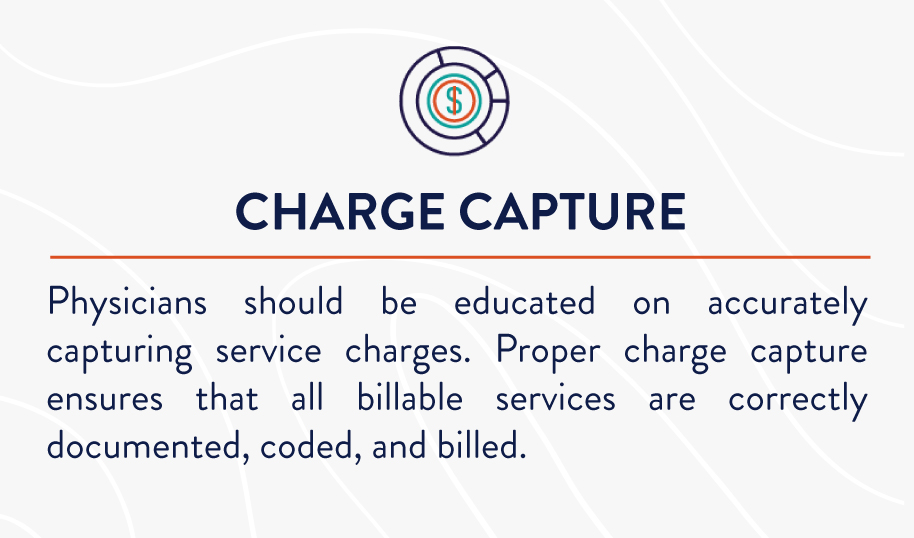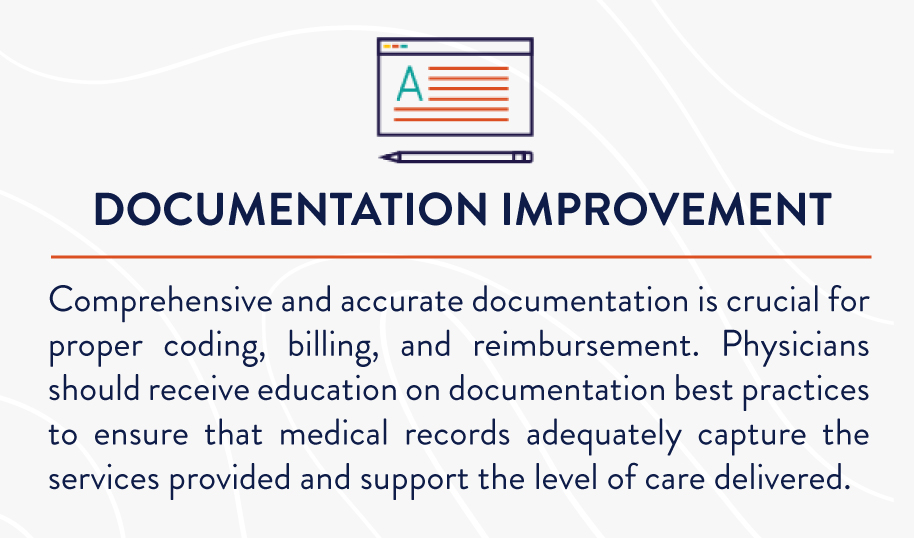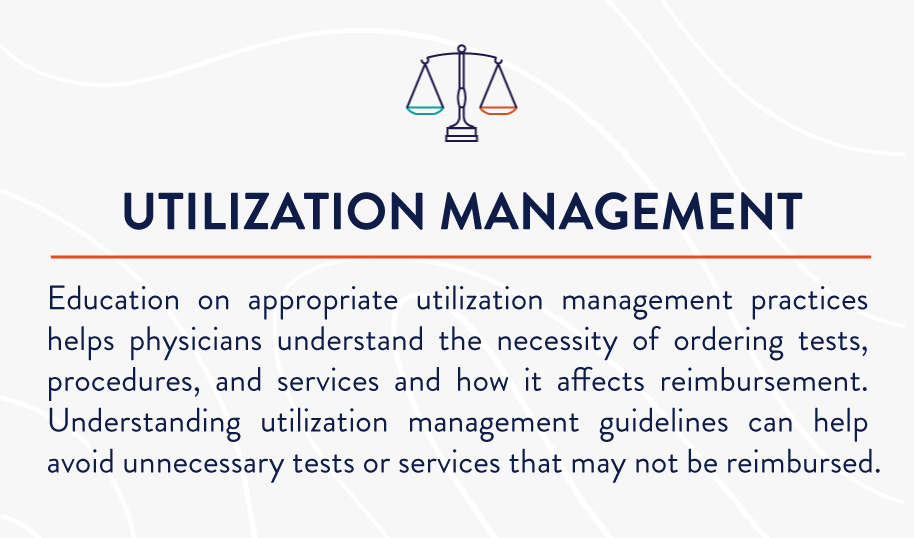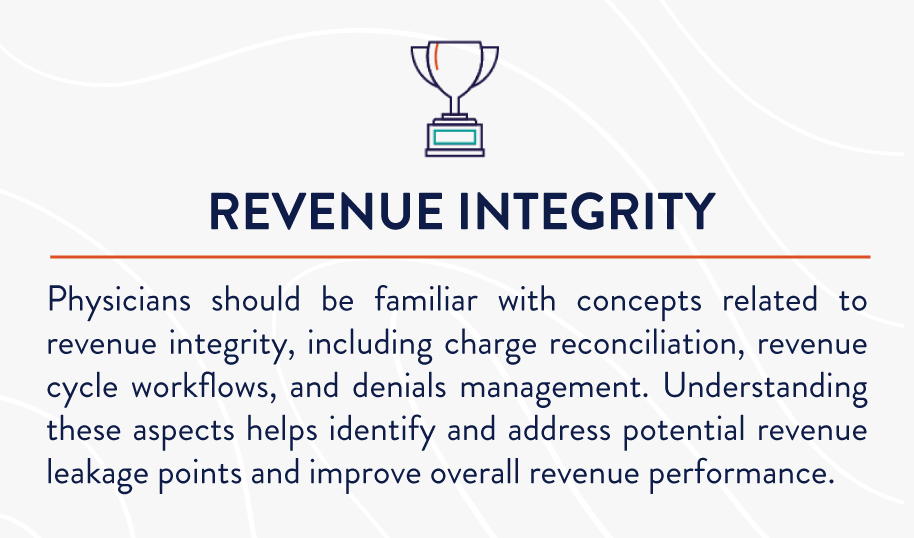![]()
![]()
![]()
![]()
![]()
![]()
“To effectively engage physicians, education plays a pivotal role. Revenue cycle professionals must approach physicians with a partnership and mutual benefits mindset.”
TABLE OF CONTENT
Overview
Physician education in revenue cycle management (RCM) is vital in optimizing financial performance, reducing compliance risks, and improving overall operational efficiency in healthcare settings. The importance of physician relationship-building and education must be addressed. Fostering strong physician relationships, prioritizing education, and utilizing automation can foster stronger relationships.
Healthcare organizations can bridge the gap between revenue cycle management and clinical practice by engaging and collaborating with physicians. Historically, strained relationships between revenue cycle teams and physicians have hindered efficiency and cooperation. Therefore, developing trust and rapport with physicians is crucial for achieving a harmonious and effective partnership.
Five Key Areas of Education For Physicians in RCM
Physicians often need help with significant administrative burdens, and any additional tasks can be met with resistance. Revenue cycle professionals must proactively understand physicians’ pain points and address compliance issues while offering viable solutions. By demonstrating how revenue cycle improvements can alleviate administrative burdens and maximize compensation through appropriate coding and reimbursement strategies, healthcare organizations can gain physicians’ trust and cooperation.
Leveraging Technology & Automation Solutions
In the era of high patient volumes and complex revenue cycles, automation emerges as a powerful tool. Physicians can streamline revenue cycle operations by leveraging technology and automation solutions, reducing manual tasks, and enhancing efficiency. Automation not only minimizes errors but also enables cost reduction by eliminating unnecessary button-pushing jobs. By focusing on automating repetitive processes, revenue cycle teams can shift their focus to value-added activities and strategic initiatives.
Physician Relationship Building
Effective physician relationship building and education require meeting physicians where they are and tailoring communication to their needs. Revenue cycle professionals must understand physicians’ unique challenges and provide targeted solutions by engaging in meaningful conversations, listening attentively, and offering practical insights; revenue cycle teams can build trust and collaboration with physicians, improving patient care and financial performance outcomes.
Physician relationship building and education are foundational pillars for success in healthcare organizations. By fostering collaboration, understanding physicians’ needs, and prioritizing education, revenue cycle professionals can bridge the gap between revenue cycle management and clinical practice. Building strong physician relationships, addressing compliance concerns, and leveraging automation tools are essential for driving positive change and achieving optimal outcomes in today’s healthcare landscape. By working together, revenue cycle teams and physicians can create a patient-centered relationship that thrives on effective communication, education, and collaboration.
SHARE OUR INSIGHT
Meet the Expert
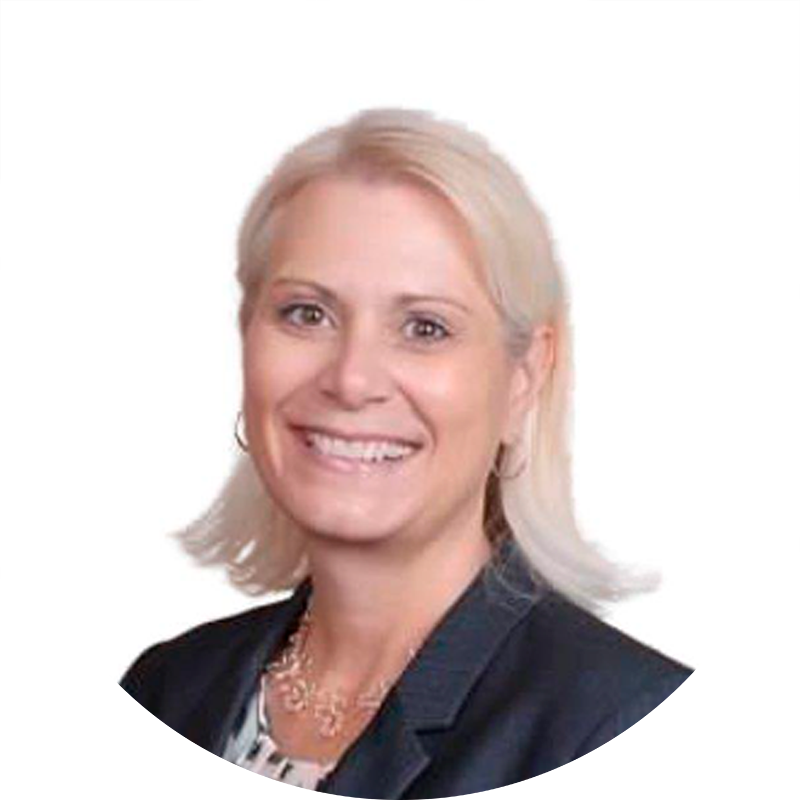

Laura Andre
VP, RCM Consulting
Laura Andre has over 20 years of experience leading revenue cycle operations with an emphasis in patient financial services in both hospital and physician environments. She’s a skilled leader with a background in independent, hospital owned, and children’s physician groups.


